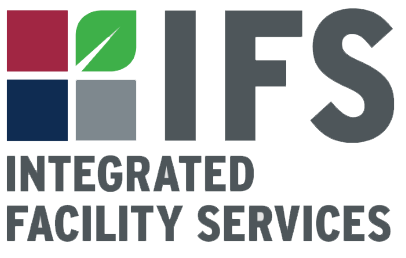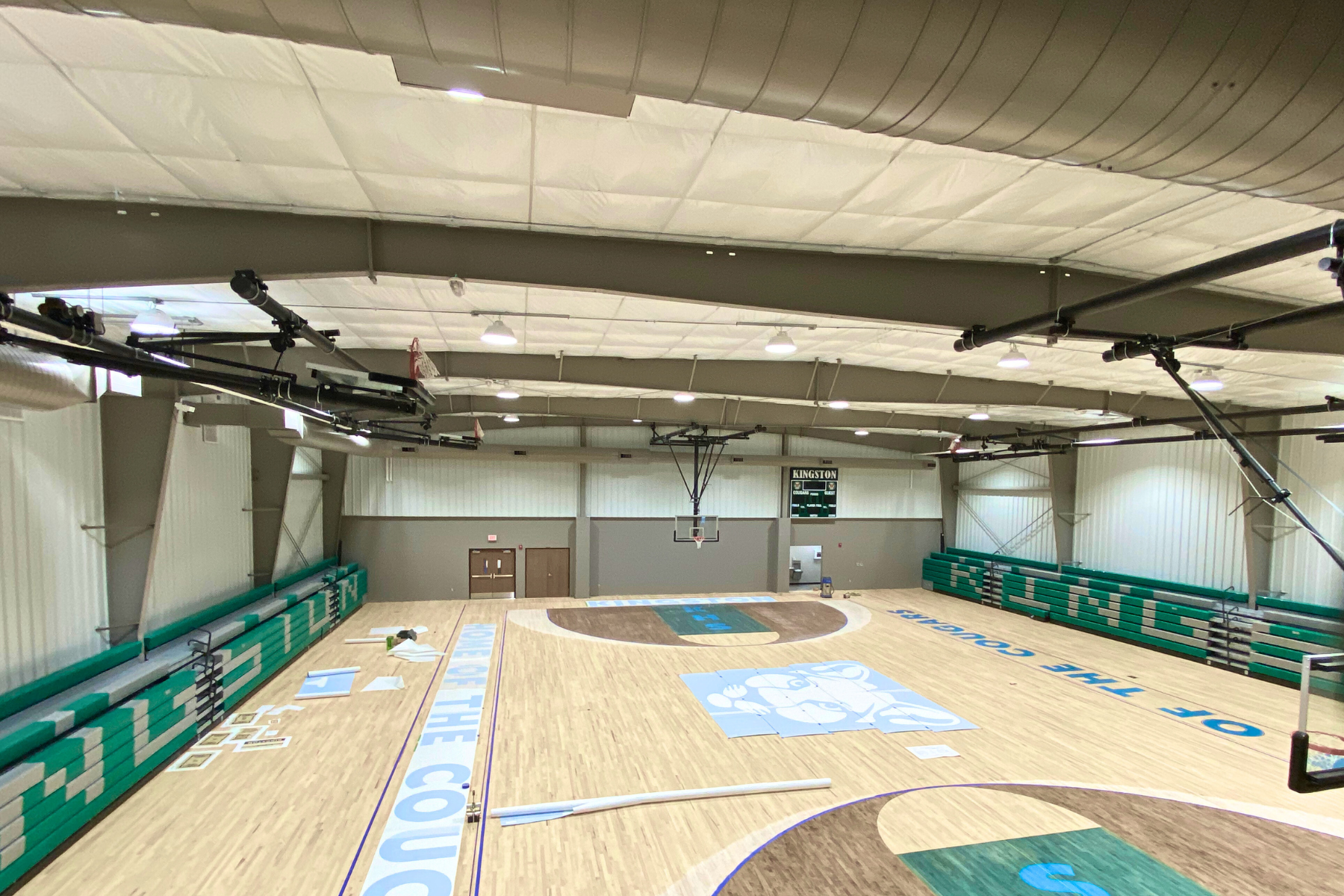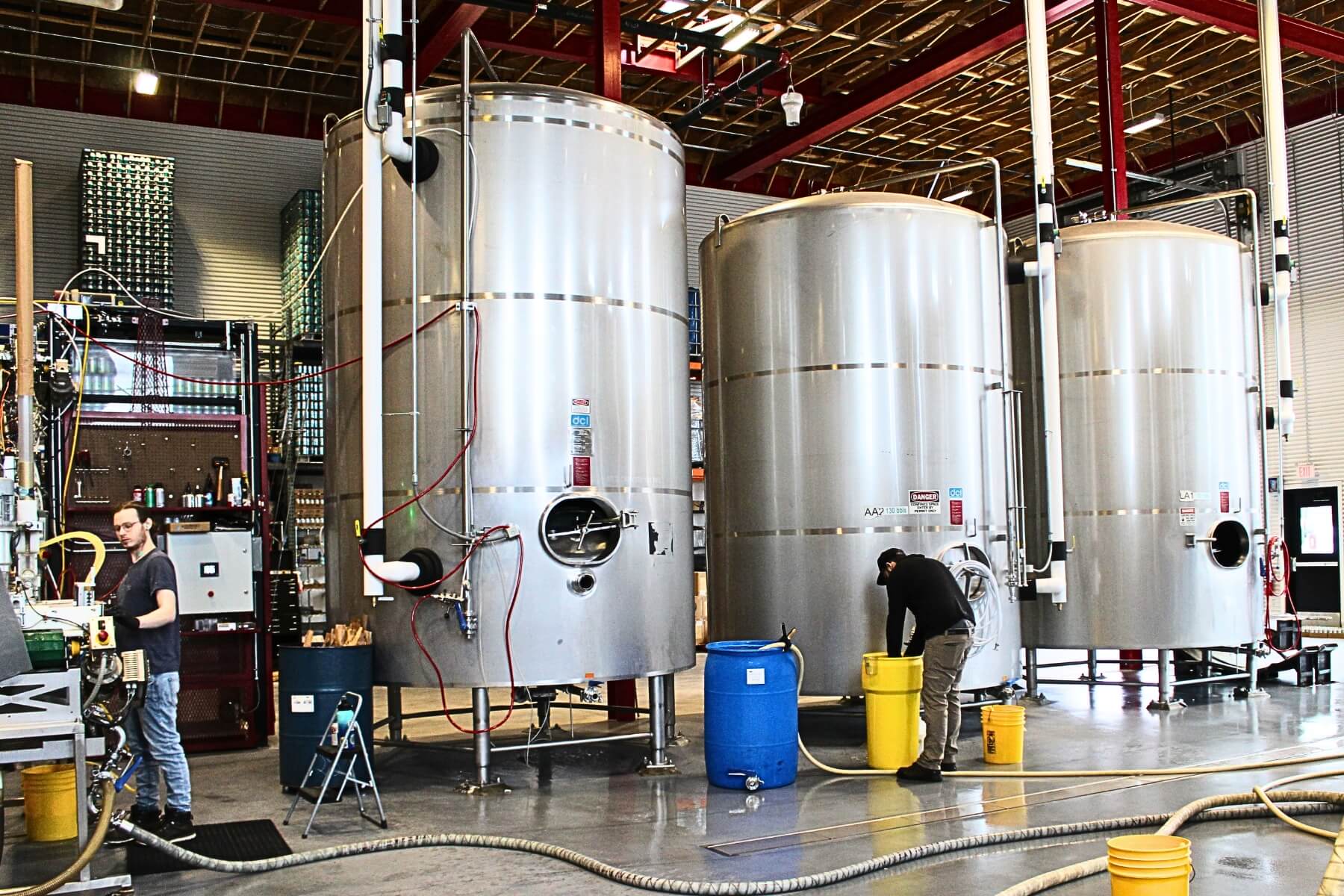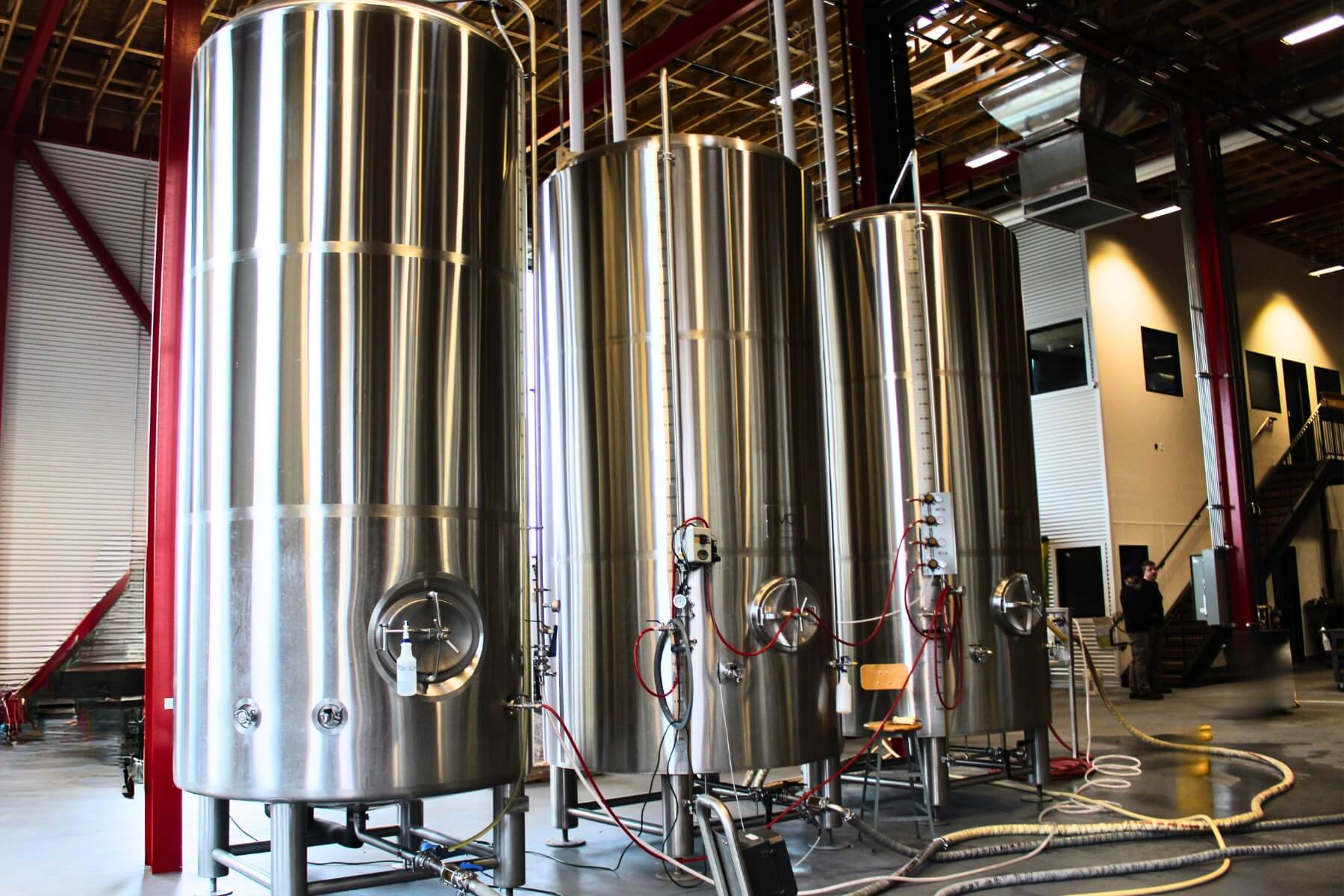Indoor air quality (IAQ) is a major concern that is often overlooked. According to the Environmental Protection Agency (EPA), “Most Americans spend up to 90% of their time indoors and many spend most of their working hours in an office environment.” [1] It is hard to believe that people spend so much time inside, but the fact is, we all do. It is probably safe to assume that many of us have never considered what is in the air we are breathing. Studies conducted by various entities have shown that in some cases, the air we breathe indoors is actually of poorer quality than the air outside.
The air we breathe can have short term effects on our health (headaches, allergies, fatigue, etc.) but prolonged exposure to poor air quality can have a lasting impact on our health as well. In a report to Congress, the EPA concluded that improving indoor air quality can have a positive impact on productivity, while also lowering the amount of lost work days. They estimated that poor indoor air quality could cost the nation “tens of billions of dollars each year in lost productivity and medical care.” [1] Things like waste removal, chemical storage, and smoking area location can influence a building’s air quality. In this article, we will be focusing on how a building’s heating, ventilation and air conditioning (HVAC) system can affect indoor air quality. Here are some of the many things that individuals can do to improve the indoor air quality:
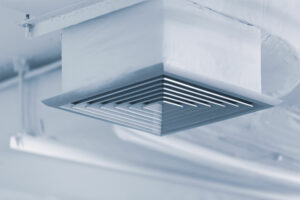 Ensure Air Vents and Grilles are Clears. The ability for a building’s HVAC system to properly circulate air is crucial to proper function of the system, but it also plays a vital role in introducing fresh air and removing stale air. If you are unhappy with the temperature in your space, or the amount of air being blown onto your desk from directly overhead, duct taping pieces of a cardboard box over the vent or grill can actually do you more harm than good. Instead, contact the facility manager and ask if he or she can adjust the amount of air entering your space.
Ensure Air Vents and Grilles are Clears. The ability for a building’s HVAC system to properly circulate air is crucial to proper function of the system, but it also plays a vital role in introducing fresh air and removing stale air. If you are unhappy with the temperature in your space, or the amount of air being blown onto your desk from directly overhead, duct taping pieces of a cardboard box over the vent or grill can actually do you more harm than good. Instead, contact the facility manager and ask if he or she can adjust the amount of air entering your space.
Speak Up. The most important thing you can do is to notify your facility manager if you suspect there may be a problem with your building’s air quality. Some facility managers are responsible for multiple properties and may not visit your building on a regular basis. Some buildings are operated by a property manager who may not be local. In this case, problems may go unnoticed for a while.
These small changes can go a long way to helping improve the air quality in a building. There are also some larger scale changes that should be considered by building owners and managers. A few of those include:
Properly Maintain HVAC Equipment. It cannot be stated enough that all HVAC equipment, should be maintained regularly. This maintenance goes beyond simple filter changes and coil cleaning. Even something as small as a bad seal can negatively impact the air quality in a building. The occupants in your building rely on the HVAC system for their comfort, as well as their health. Many mechanical contractors offer preventive maintenance programs to alleviate this chore from your workload.
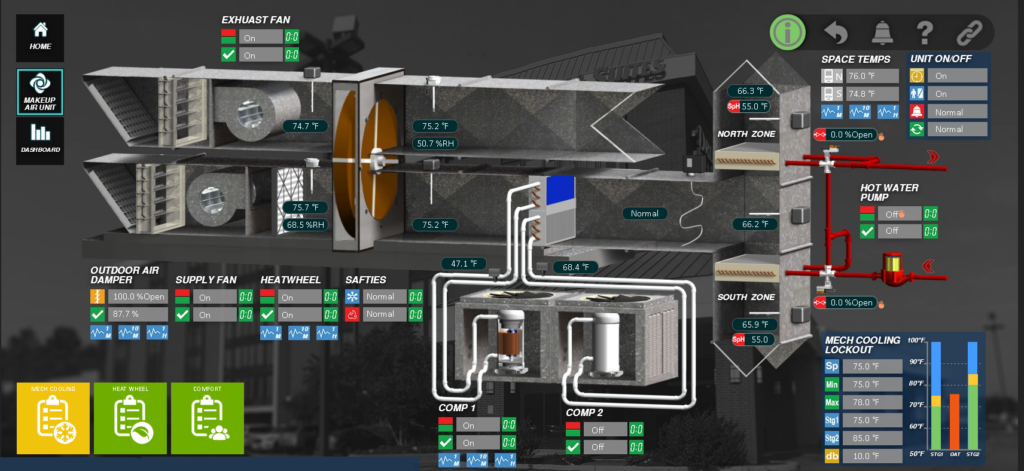
Ensure Proper Control Settings. Most buildings with commercial HVAC equipment will have some sort of building automation system (BAS) or control system. These systems will have parameters that determine the amount of fresh air being brought into a building. Faulty sensors or peripherals, such as damper actuators, could cause equipment to not bring in enough fresh air, thus causing the quality of the air in the building to suffer. If you are unsure of how your BAS is responsible for your building’s air quality, contact an automation contractor for assistance.
Plan Ahead. When it is time for renovations in a building, consider the air quality implications. Coordinate with the contractor(s) who will be working in your building and determine their plans to limit occupant exposure to dirt, dust, chemicals, etc. during the renovation process. Tenant improvement work can be quite messy, especially if parts of your building are staying operational during the process. It would also be beneficial to plan for filter changes after work is completed since filters can experience an extraordinary load increase during renovation work as well.
These were just a few ways that you can improve the air quality in buildings that you work in or manage. If you think your air quality needs improving, Integrated Facility Services might be able to help. Contact us today!
[1] https://www.epa.gov/indoor-air-quality-iaq/office-building-occupants-guide-indoor-air-quality
